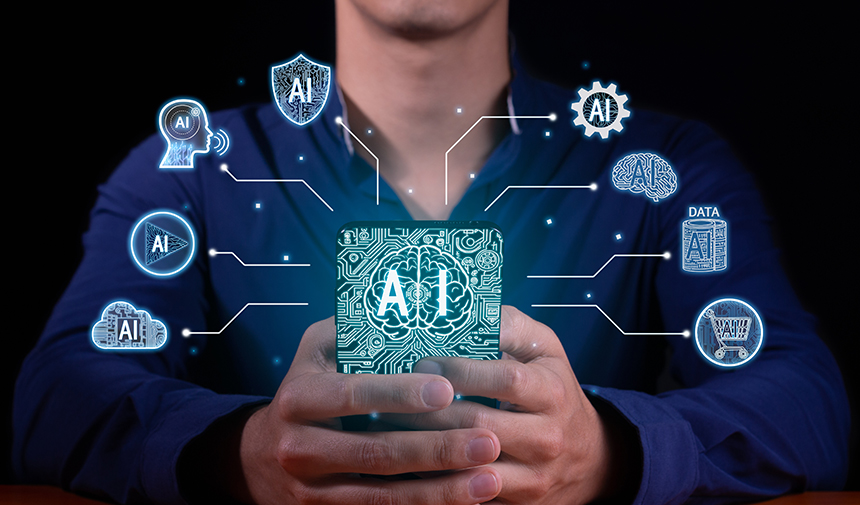While artificial intelligence (AI) is revolutionizing many industries, the legal and justice system is also affected by these technological developments. AI plays an important role in legal practice with big data analysis, automation and predictive algorithms. While AI increases efficiency in the justice system, it also raises ethical and legal issues. This article will examine how AI is used in law, its benefits in the justice system, and the effects of AI on legal practices.
Artificial Intelligence and Legal Practice
AI makes significant contributions in the practice of law by automating various tasks and increasing efficiency. Here are some of the main areas where AI is used in the legal field:
Legal Research and Analysis: AI allows legal professionals to quickly analyze large amounts of legal documents and extract important information. This enables lawyers and legal researchers to quickly scan laws and court decisions.
Contract Review and Creation: AI speeds up legal processes by enabling contracts to be automatically reviewed and created. AI can detect errors and inconsistencies in contracts, identifying potential risks.
Predictive Analytics: AI can be used to predict court rulings and other legal outcomes. This helps lawyers and the court system assess possible outcomes.
Automation and Documentation: AI makes the practice of law more efficient by automating legal processes and generating documents automatically. This helps lawyers and law firms save time and improve customer service.
Benefits of AI in the Justice System
The use of AI in legal practice has many positive impacts on the justice system. These effects increase the productivity of legal professionals and improve the overall performance of the justice system.
Efficiency and Speed: AI speeds up the legal research and analysis processes, resulting in faster completion of legal proceedings. This saves time and resources in the justice system.
Reducing Errors: AI increases the reliability of legal processes by reducing errors in areas such as contract review and document analysis. AI helps achieve more accurate results by reducing human errors.
Predictive Analytics: AI’s predictive analytics capabilities help evaluate court decisions and legal outcomes. This enables better management of legal risks.
Equity and Accessibility: AI can increase access to the justice system by automating legal processes. AI can help distribute justice equitably by making legal services available to a wider audience.
Impacts and Challenges of AI on the Justice System
While artificial intelligence offers many advantages in the justice system, it also raises ethical and legal issues. The use of AI in law raises some important challenges and concerns.
Ethics and Impartiality: AI’s automation of court decisions and legal processes can raise ethical issues. Careful consideration is needed to ensure that AI algorithms are impartial and fair.
Privacy and Security: AI can create privacy and security risks by processing large amounts of sensitive data. Regulatory and security protocols are important to ensure the safe use of AI.
Human-Machine Interaction: The use of AI in the practice of law requires a balance of human-machine interaction. It is important that AI does not replace humans and only takes on a supporting role.
Conclusion
Artificial intelligence plays an important role in the practice of law and the justice system. AI increases efficiency by speeding up and automating legal processes. However, it should not be forgotten that AI also raises ethical and legal issues. Careful consideration and appropriate regulations are necessary for the correct and fair use of AI in the field of law.



